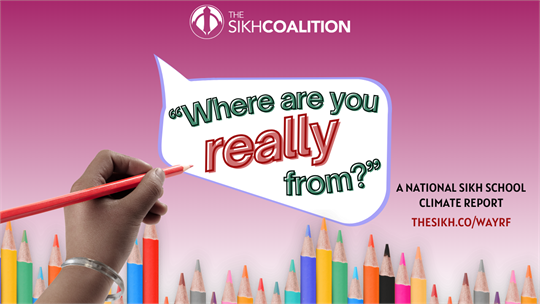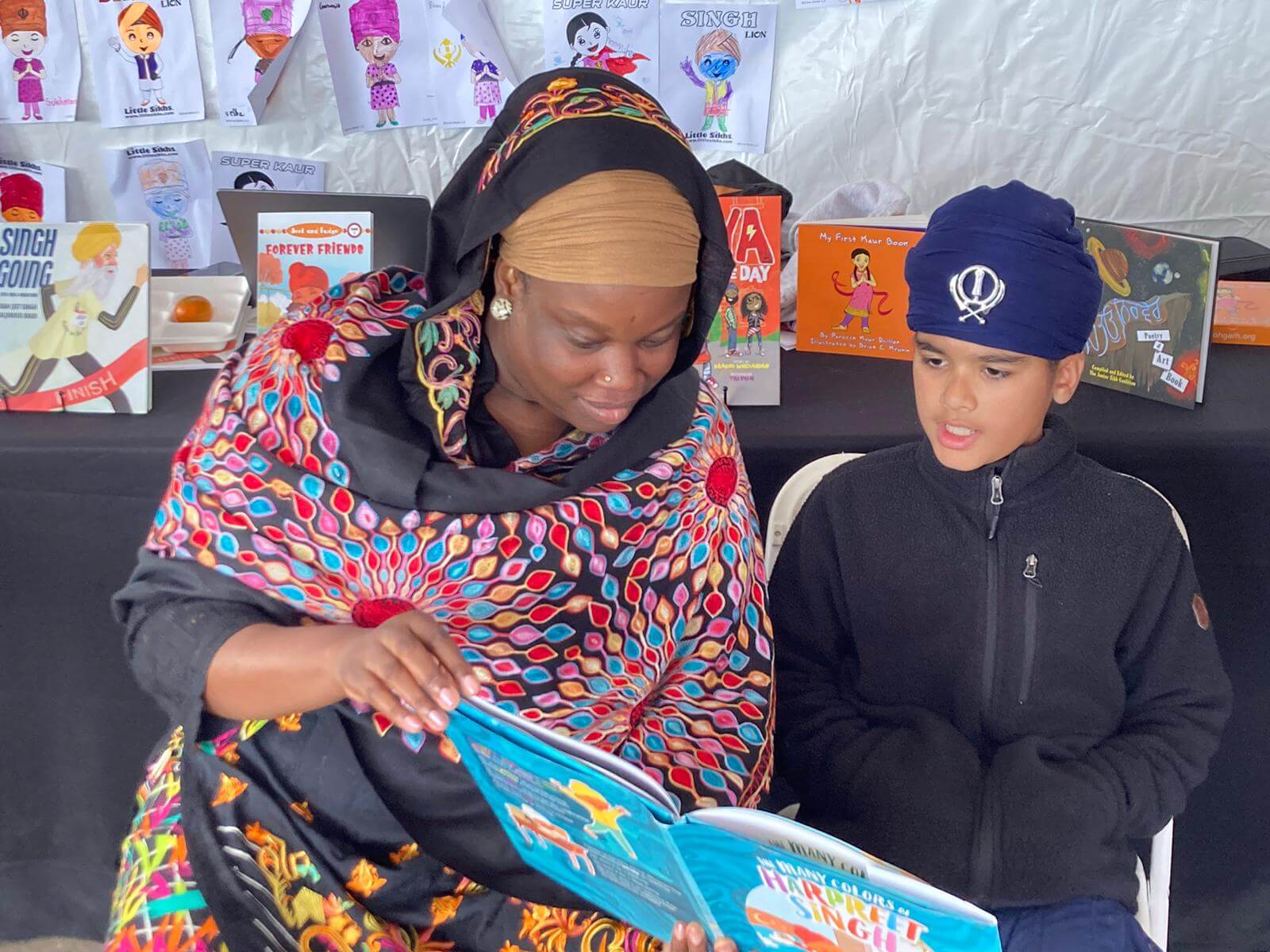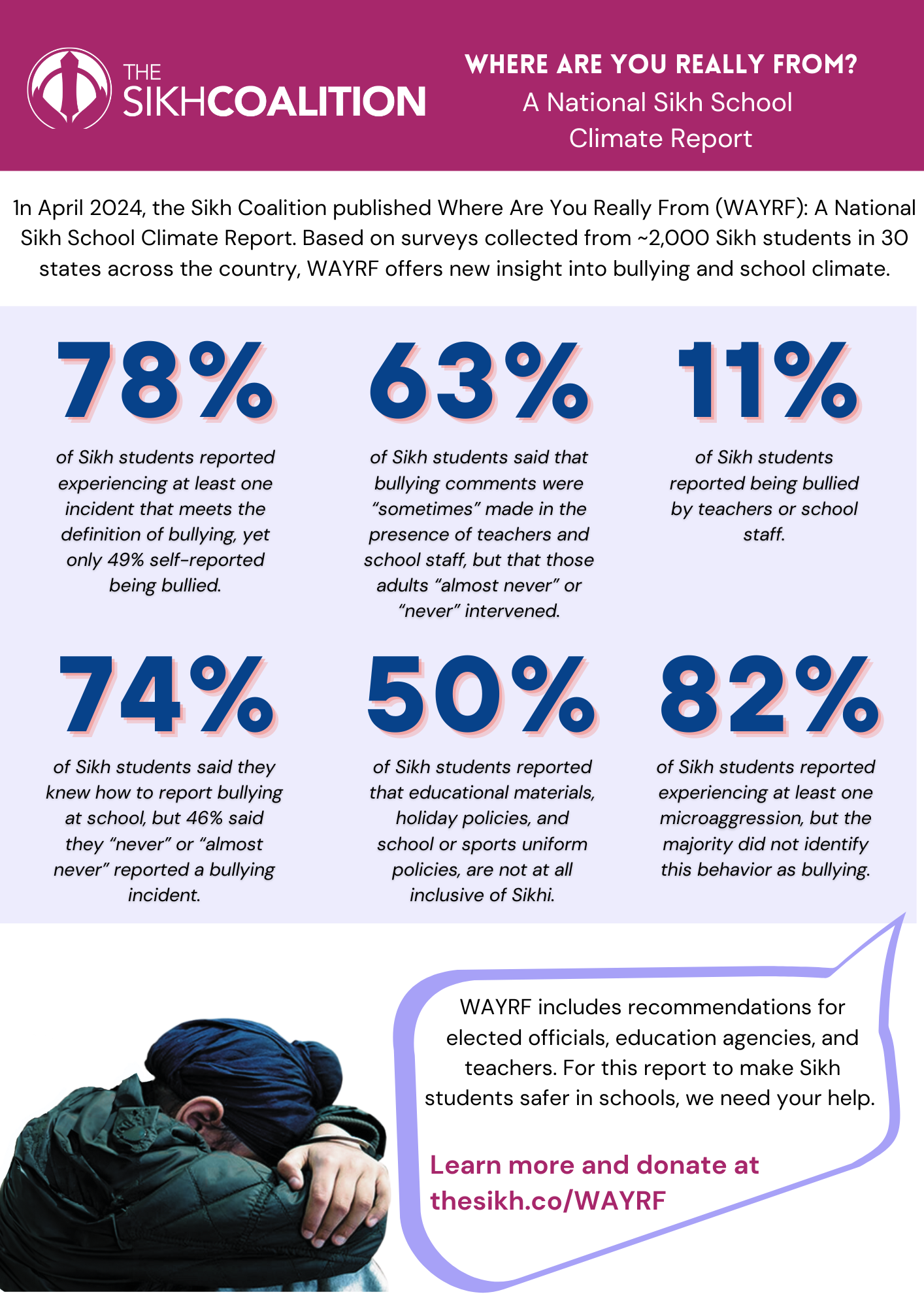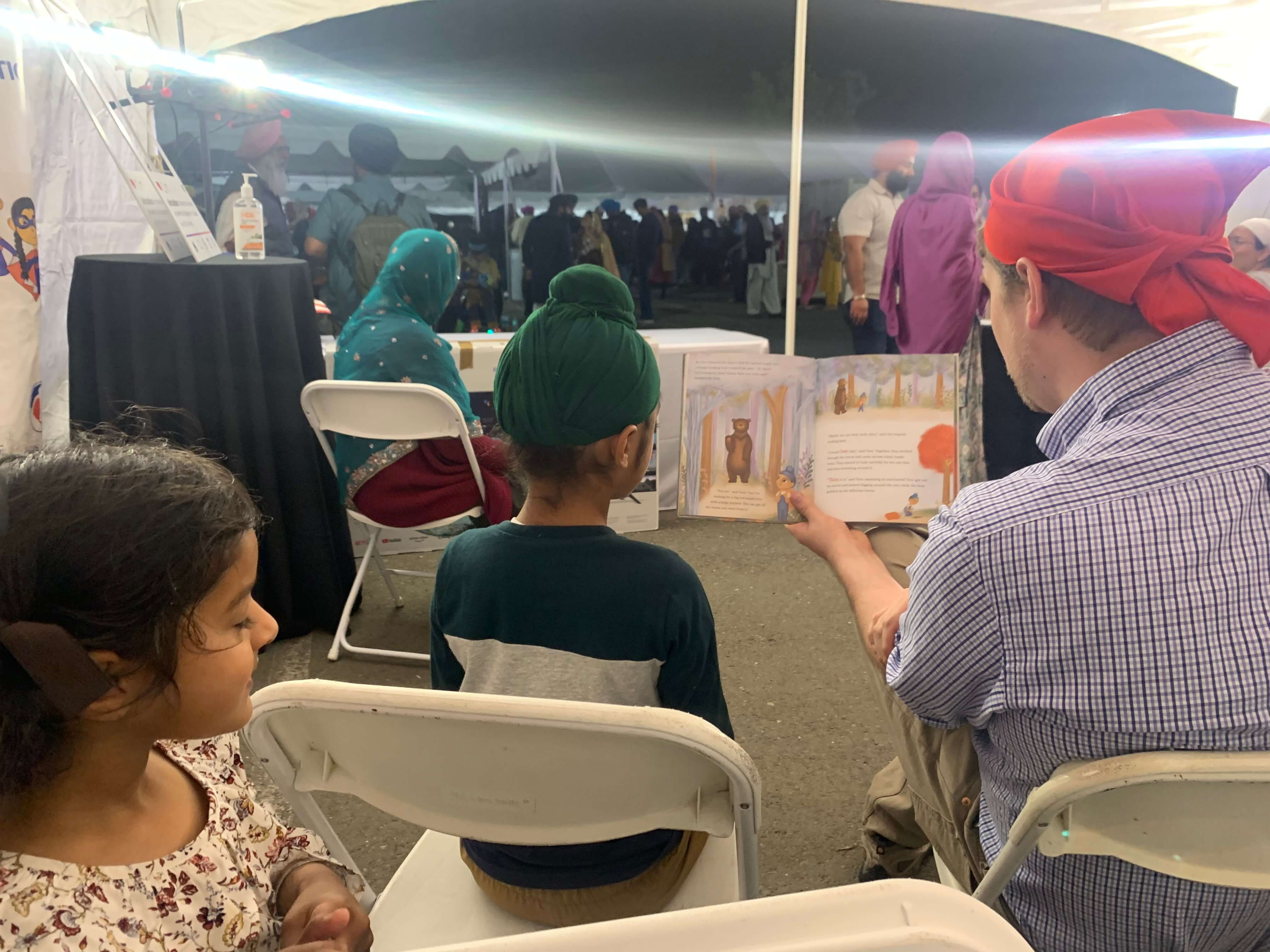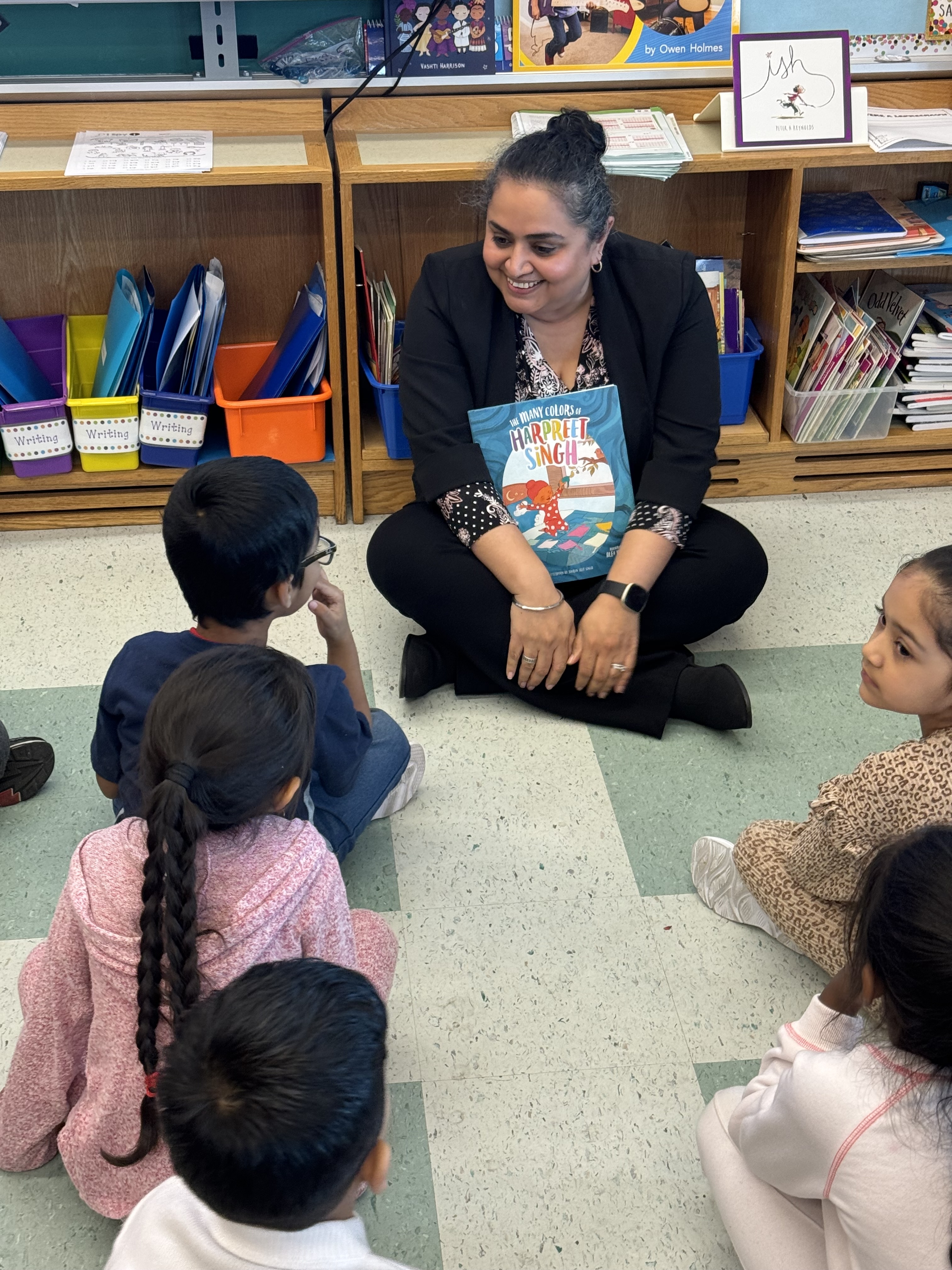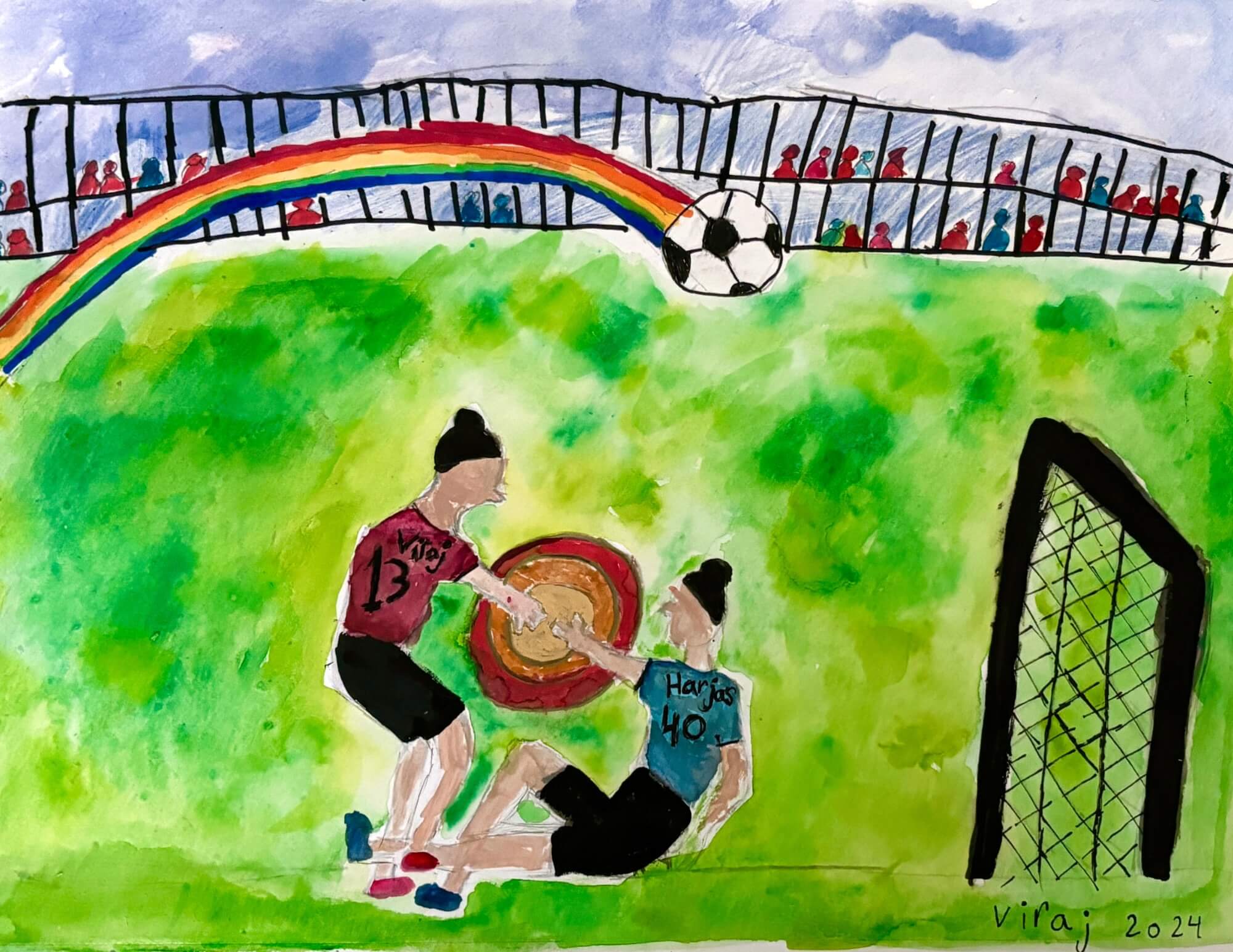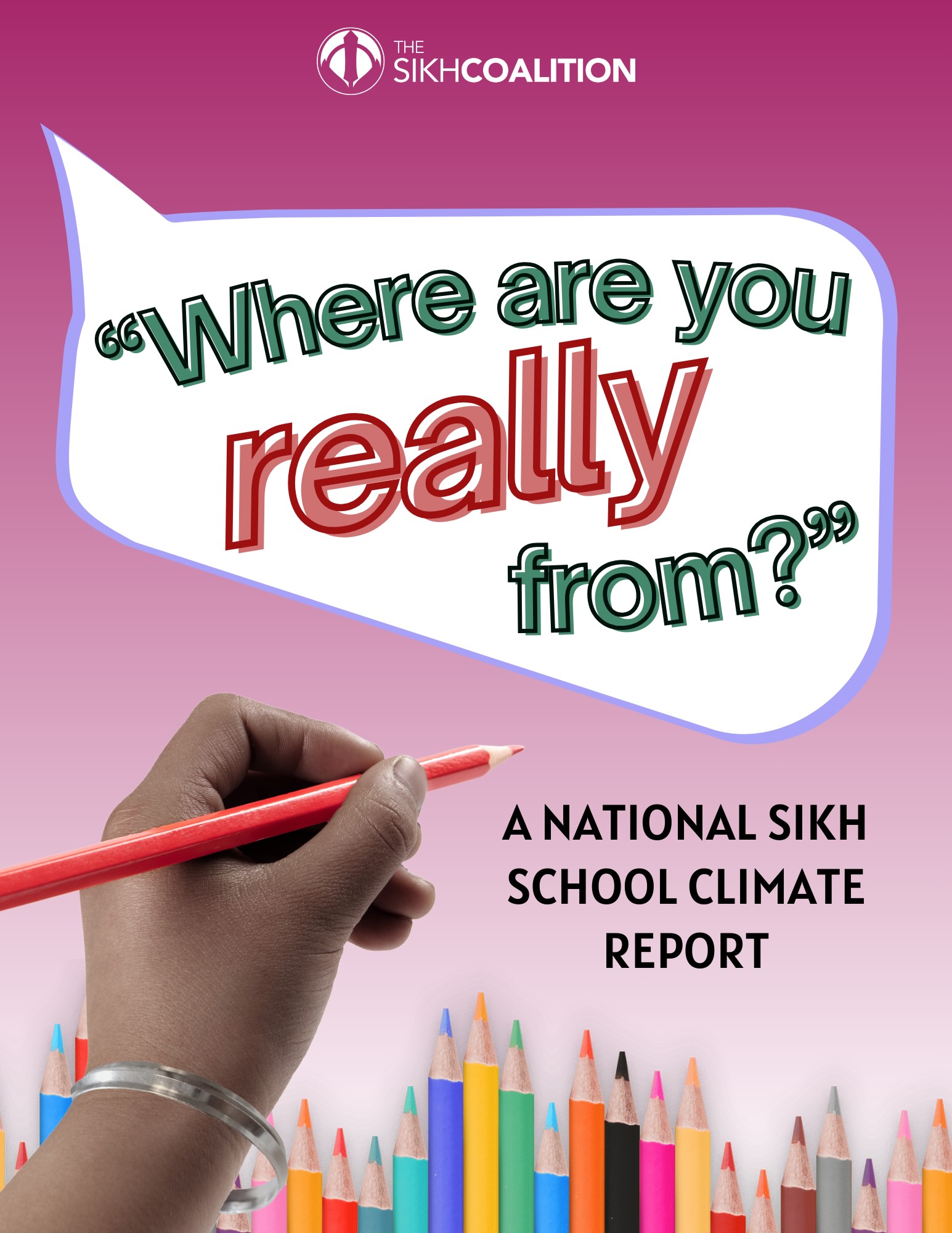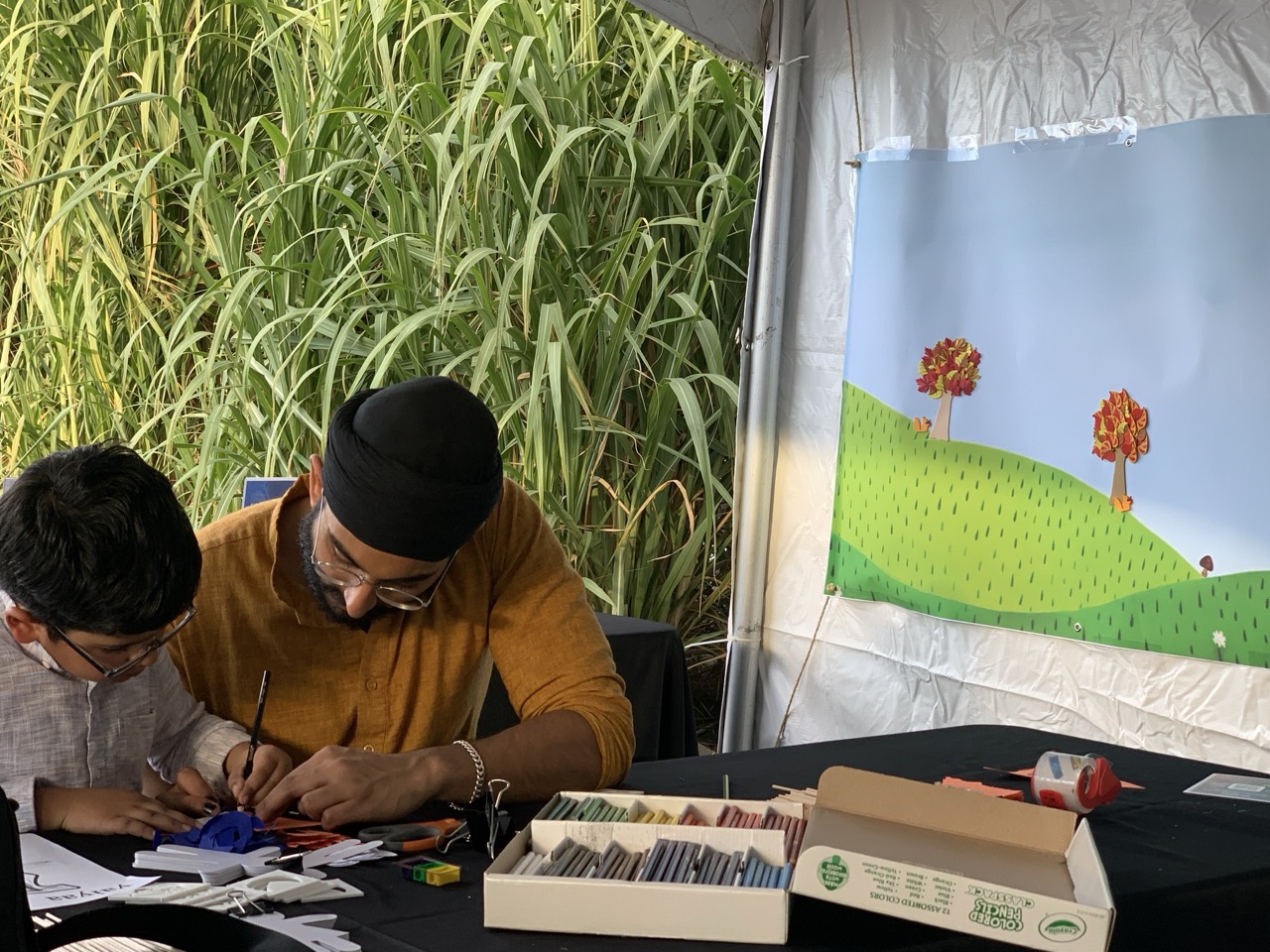A NATIONAL SIKH SCHOOL CLIMATE REPORT
Where Are You Really From?
Make a contribution today, and your gift will be matched dollar-for-dollar up to $5,000! -- Match has been completed
In pursuit of fostering safe and inclusive schools for all, Where Are You Really From? sheds light on the bullying faced by students who are visibly Sikh or identify with Sikhi—and what policy-makers, educators, and parents can do to help.
In February and March of 2023, more than 2,000 U.S.-based Sikh students between the ages of 9 and 18 completed a survey that asked about their experiences with bullying and inclusion in school. After analyzing this survey data, the Sikh Coalition and our academic colleagues have emerged with a comprehensive and current sense of school climate for Sikh youth across the country.
We have always known that our youth experience alarming rates of bullying; now, we have the data to show the depth of the problem—and to inform a wide range of solutions that we can strive to achieve together.
The Sikh Student Survey data provides a number of serious conclusions about the scope of bullying faced by our youth, how they think about and report bullying incidents, and more. Click here to learn more about each of our high-level takeaways.
- 78% of Sikh students reported experiencing at least one incident that meets the definition of bullying, yet only 49% self-reported being bullied.
- 63% of Sikh students said that bullying comments were "sometimes" made in the presence of teachers and school staff, but that those adults "almost never" or "never" intervened.
- 11% of Sikh students reported being bullied by teachers or school staff.
- 74% of Sikh students said they knew how to report bullying at school, but 46% said they "never" or "almost never" reported a bullying incident.
- 50% of Sikh students reported that educational materials, holiday policies, and school or sports uniform policies, are not at all inclusive of Sikhi.
- 82% of Sikh students reported experiencing at least one microaggression, but the majority did not identify this behavior as bullying.
WAYRF includes 50+ recommendations for elected officials, education agencies, and teachers. For this report to make Sikh students safer in schools, we need your help. Partner with us to mobilize your community, share resources, and participate in or host advocacy days to raise awareness and drive change. Your support is crucial to create a safer environment for all students.
In addition to your generous financial support, learn how you can join the sangat as we mobilize to implement WAYRF’s recommendations.
Learn more at thesikh.co/WAYRF. Together, we can make a difference.

